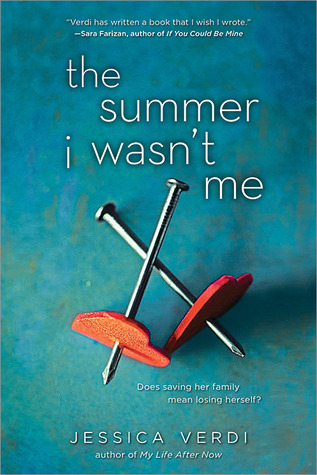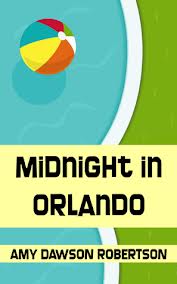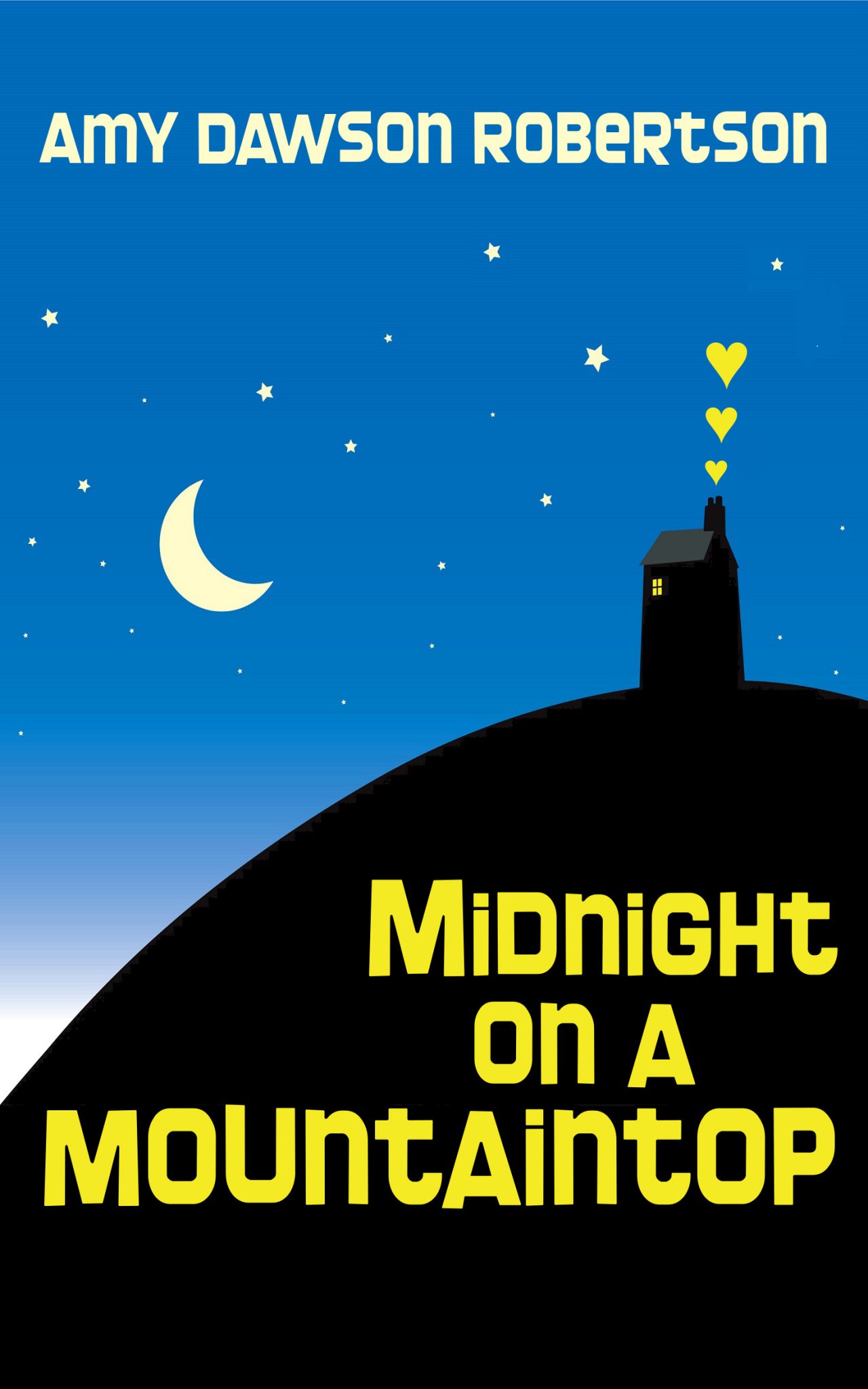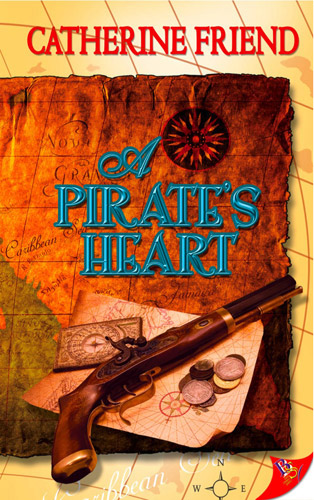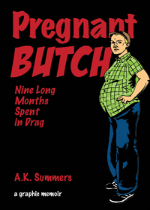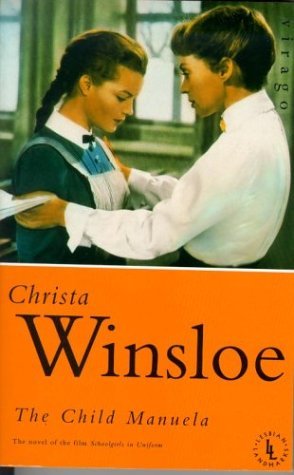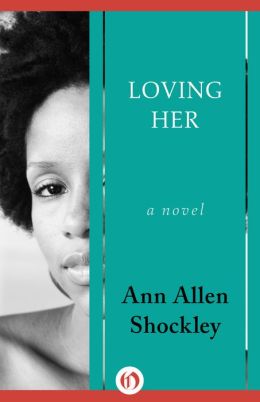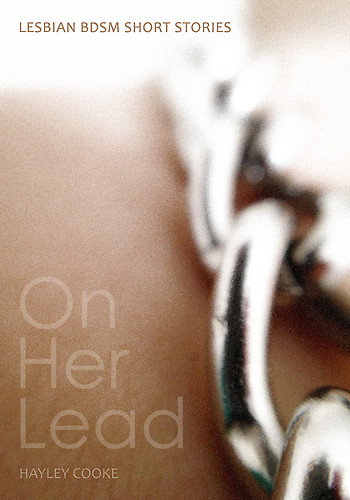I read Malinda Lo’s Ash and Huntress in the past, and though I enjoyed them, they didn’t stick out as favourites in my memory. So though Adaptation came out with lots of great reviews, and I picked up a copy soon after it was published, I didn’t actually get around to reading it until a couple days ago, after it was announced that Malinda Lo will be at Leakycon 2014. And I’m so glad I did pick it up, because Adaptation has easily become one of my new go-to books to recommend.
To get a sense of the experience of reading this book, check out the quick review I wrote immediately after finishing it on FY Lesbian Literature, the Lesbrary’s tumblr. Adaptation is just so exciting to read! Usually, I don’t go for plot-driven books as much as I gravitate towards character-based stories. But Adaptation‘s plot had me absolutely hooked. The book begins with Reese, the main character, waiting at an airport for a flight home, when birds begin dropping dead out of the sky. Immediately after, several planes are reported to have crashed because of mass bird strikes. But there’s more: coverage of the plane crashes seems to be disappearing from news sites, and conspiracy theorists begin talking about government involvement and cover-up. Panic spreads, and chaos erupts–including looting. This is all in the first chapter or two. With this abrupt lurch into action, the pace never seems to slow down. The feeling is so tense. I would pause between chapters to curse before jumping back into the story. This sci-fi, conspiracy-theory-laden storyline is something I think will appeal to dystopian fans, though it doesn’t quite fit under that umbrella. It’s definitely the plot that makes this such a memorable read, but it has more going for it as well.
For one thing, there’s the reason it’s on the Lesbrary: it has a bisexual main character! Reese has two love interests in Adaptation: her (male) debate partner that she’s known for years, and a girl she has only just met, but has an immediate attraction to. I wouldn’t call this a love triangle, because the two are never pit against each other. Although part of the tension of this book is emotional drama, it’s never over-the-top or contrived, and it always meshes well with the overall plot. Basically, Reese ponders her feelings during down time, but most of the time she has much more pressing concerns. And each love interest plays a very different role in Reese’s life, so their interactions don’t have the same tone to them.
The characters do feel well-rounded and believable, as well. From her on-again-off-again parents to her black, conspiracy-obsessed, gay best friend, to her Chinese-American debate partner, they all seem like they have their own back stories and motivation, even if they don’t get central stage in the story. I was so interested to pick up a bisexual sci-fi teen book, but this is actually how all books should be written: it’s diverse, but that’s not the whole story. You aren’t expected to pick up this book because it has a bisexual (though she doesn’t–yet?–identify with that term) main character; you’re expected to pick it up because the story will have you racing to get to the end. It feels so natural, which shouldn’t even need to be said.
The only complaint I have about Adaptation is that the third book in the trilogy isn’t out yet. [Editor’s note: This is actually a duology, not a trilogy, though there is also an accompanying novella.] I have ordered the second book and can’t wait to devour it. I really can’t recommend this book highly enough: after finishing it, I still had an adrenaline buzz for hours from how intense this book was. It’s almost embarrassing how into Adaptation I was while reading it. This is definitely one I’ll be pressing into people’s hands and demanding them to read.



